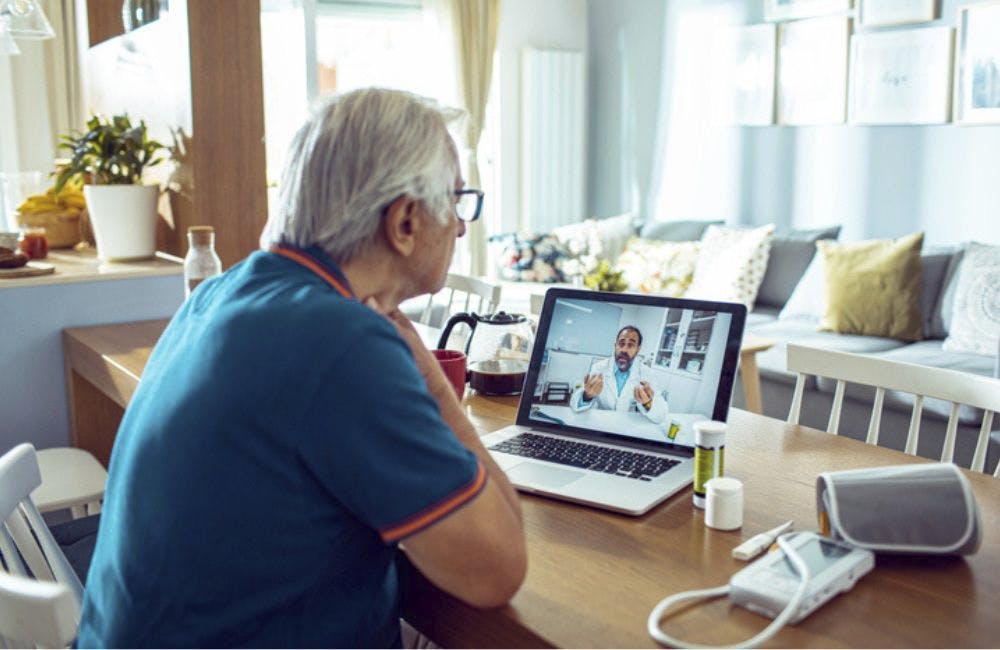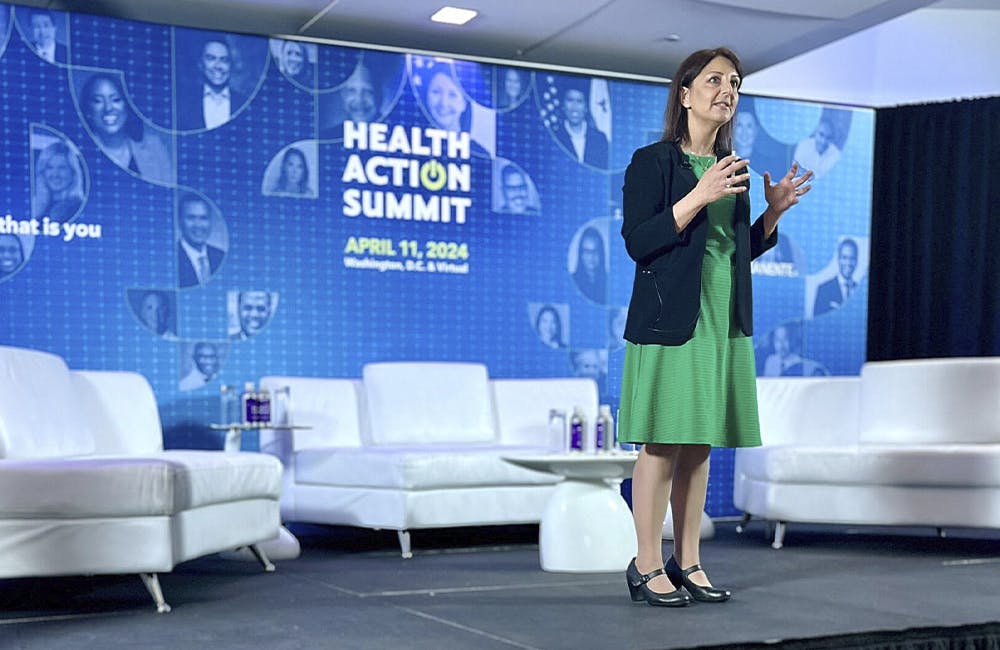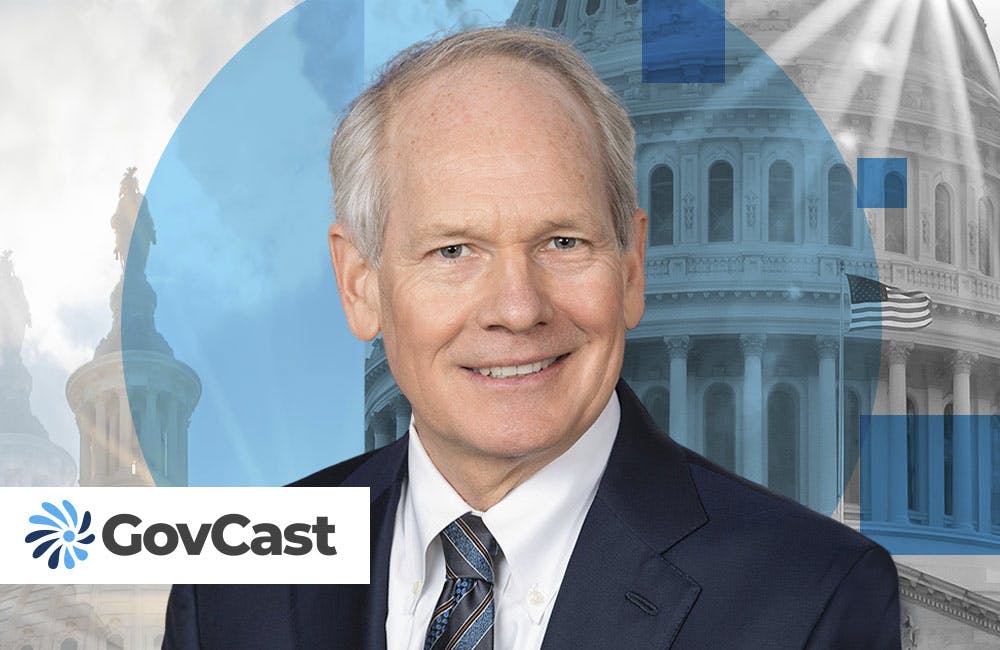How VA is Conquering the Digital Divide
The agency is working to ensure veterans who need remote care are given the resources to overcome financial hardship or a lack of internet access.

The Department of Veterans Affairs is working to pair its recent advances in telehealth capacities with aid programs to bridge the digital divide in rural areas and provide assistance to veterans who might not be able to personally afford new technology.
To accomplish this, the agency has worked to provide mobile devices to both patients and health care providers.
“We’ve distributed over 48,000 webcams to providers and 22,000 headsets, along with thousands of iPads, monitors and speakers for veterans,” said VA Executive Director for Telehealth Dr. Kevin Galpin during an April 28 hearing with the Senate Subcommittee on Military Construction, Veterans Affairs, and Related Agencies. “We recognize because of the digital divide that if we didn’t help them with the technology, that they were not going to be able to participate. So we’ve distributed over 84,000 iPads and 20,000 cellular phones.”
Galpin outlined an ongoing program called the Digital Divide Consults, which ensures qualified veterans who don’t have internet access or a video-capable device receive the technology in order to access remote care.
“We felt we needed a systematic way when we identified a veteran who did not have the internet or technology to participate in our telehealth programs that we could get them assistance,” Galpin said about the program. “Right now, at all of our medical centers, if a provider identifies a veteran in that category, they can refer the veteran to social workers who have now been trained to help veterans overcome the digital divide.”
Once a caregiver identifies that a veteran needs these technical resources, the agency will directly provide the veteran with a tablet that allows them to connect with caregivers from their homes.
“Through the Digital Divide Consults, social workers can see if veterans qualify for one of our internet-connected devices. And that can be sent to a veteran so that they can take advantage of our telehealth services. We’ve distributed more than 84,000 of those iPads since the beginning of the pandemic,” Galpin said.
The VA has also provided financial assistance to veterans who might not be able to afford access to broadband internet, the speeds of which are often necessary to effectively connect to and use these telehealth services.
“The other big thing we do is help them apply for federal subsidies to take advantage of the FCC Lifeline program,” Galpin said of a program that offers discounts on internet bills for veterans, including native veterans who live on tribal lands. “We’re also very excited now to add the Emergency Broadband Benefit into that same process. The EBP now provides, at least temporarily, up to $50 for most veterans, and an additional $75 if you’re on tribal land.”
Going forward, VA is looking to pair its telehealth development strategy with ensuring veterans living in remote areas are able to benefit from newly available resources — including through providing access to caregivers with specialized experience in treating rare medical conditions.
“One of the things that we were able to do in the past year was actually formalize a five-year strategic plan for telehealth. It is an exciting vision for where we’re going in the future. It talks about delivering care without walls, and making sure we can bring care to the veterans wherever they choose to reside irrespective of physical boundaries or geographic distance,” Galpin said. “It talks about making sure we give veterans access to some of our nation’s experts when they have a rare or complicated disease and they need that type of expertise.”
This is a carousel with manually rotating slides. Use Next and Previous buttons to navigate or jump to a slide with the slide dots
-

CDC Updates Public Health Data Strategy
Accelerating data sharing through capabilities like electronic case reporting make up a large portion of the new two-year plan.
3m read -

HHS Makes One-Stop Cybersecurity Shop in ASPR
The agency is working on standards and cyber incident response capabilities to help health care organizations combat ransomware threats.
4m read -

How VA is Using Digital Services to Expand Care to Veterans
CIO Kurt DelBene says the the agency’s 2024 priorities included AI adoption, hiring and a better user experience for veterans.
30m listen -

Women Technologists Highlight Workforce Impacts in FDA IT Plan
Tech leaders tackle amplifying women in the workforce as the agency works toward its two-year IT modernization plan.
3m read








